The Unraveling of Alpine Diplomacy: When Special Status Met 'America First'
Trump's unprecedented tariffs jolted Switzerland, exposing the fragility of global trade norms. Explore how a 'special relationship' crumbled, forcing a strategic shift for the Alpine nation.
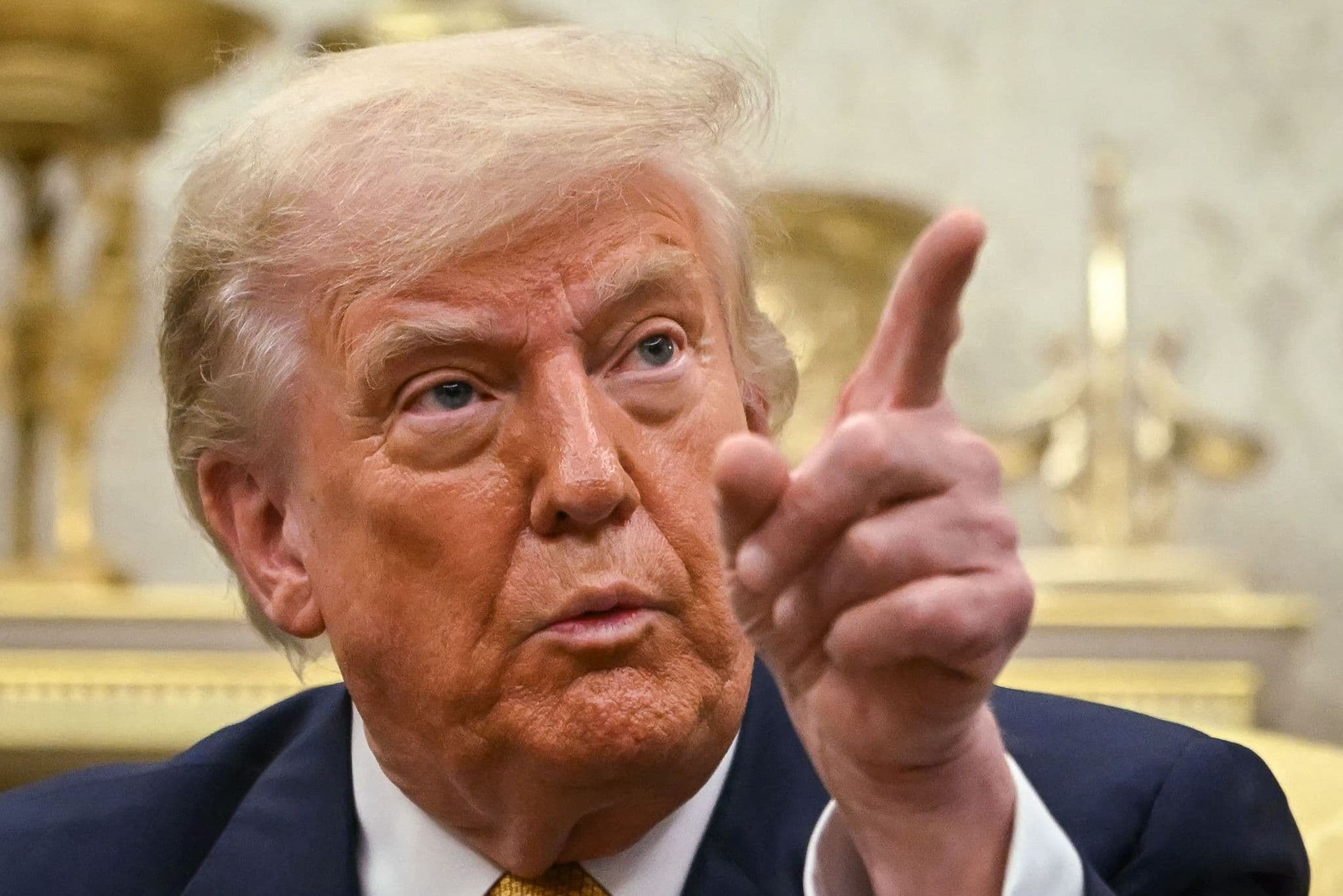
The Unforeseen Avalanche: Trump's Tariff Shock on Switzerland
The sudden imposition of a staggering 39 percent tariff on Swiss imports by the administration sent shockwaves through , marking a profound and unexpected blow. This rate, announced in what felt like a midnight ambush, stands as one of the highest globally, putting at a severe disadvantage compared to key trading partners like the (15%), the (10%), , and , who faced considerably lighter burdens. It was a stark, brutal message: had no interest in a 'special relationship' with ; quite the opposite, he sought to exert pressure and extract concessions. This aggressive move underscored a broader shift, revealing a president intent on dismantling the decades-old liberal world economic order. For a nation that often prides itself on its unique diplomatic standing and economic stability, the unilateral tariff hike felt like an unjustified, massive burden, highlighting the raw power of 'America First' protectionism over traditional diplomatic niceties.

Shattered Illusions: The Demise of 'Special Relationship' Diplomacy
The 39 percent tariff wasn't just an economic hit; it was a profound diplomatic wake-up call, shattering 's long-cherished illusion of a 'special relationship' with the . Earlier in the year, when a general 31 percent tariff on goods like cheese, watches, and machinery was first mooted, Swiss officials quickly rallied, believing that direct engagement and a history of positive ties would allow them to 'talk away' the tariffs. had, after all, offered substantial concessions, including a colossal $150 billion in investment pledges – a remarkable sum for a small nation – and had already eliminated industrial tariffs. Yet, as the final 39 percent rate loomed, it became chillingly clear that these arguments, and indeed 's unique status, held little sway. , seemingly uninterested in 's carefully constructed rationale or past goodwill, was simply not playing by the old rules. found itself standing remarkably alone, a testament to a new, unpredictable geopolitical landscape where traditional diplomatic leverage seemed to have evaporated.
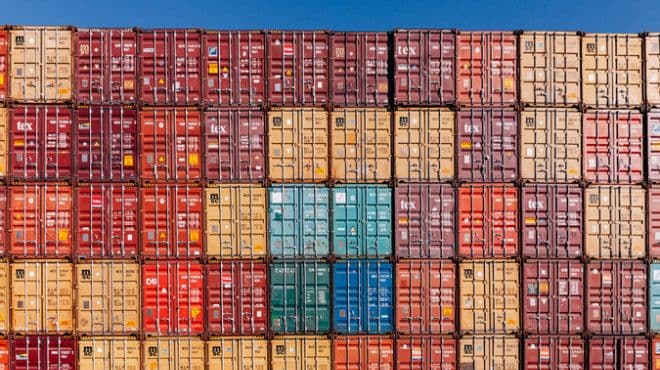
The Alpine Pivot: Rethinking Switzerland's Place in a New Global Order
With the illusion of a 'special relationship' unequivocally shattered, now faces an urgent strategic pivot, forced to fundamentally rethink its place in an increasingly unpredictable global order. The six-day negotiation window, leading up to August 7th, offered a fleeting, almost desperate, chance for reprieve, but the options for Swiss negotiators appear starkly limited. They had already offered substantial investment and abolished industrial tariffs, yet the demand for a reduced trade deficit, requiring a nation of just nine million to import significantly more American goods, remains an unrealistic expectation. This predicament forces to confront the uncomfortable truth: its traditional approach, relying on exceptionalism and bilateral 'special' ties, may no longer be a viable shield against unilateral actions. The 'unjustified' and 'unfounded' nature of these tariffs, which pose a severe burden on Swiss exports and investment climate, demands a re-evaluation of its foreign economic policy, moving beyond a reliance on historical relationships towards a more diversified and resilient global engagement strategy.

Beyond Borders: Lessons for Small Economies Navigating Protectionism
's encounter with the tariffs offers sobering lessons for small, trade-dependent economies worldwide. The experience highlights the inherent vulnerability when relying heavily on perceived 'special relationships' in an era dominated by 'America First' unilateralism. The Swiss struggle to meaningfully counter the 39 percent tariff, despite substantial concessions and a highly developed economy, underscores the limits of traditional diplomatic leverage for smaller states. Their inability to realistically address the demand for a massive increase in imports, given their population size, exemplifies a common dilemma for nations with limited domestic consumption. This episode reveals that even highly competitive export companies can face an 'acute competitive disadvantage' overnight, severely burdening their operations and the broader investment climate. Moving forward, the imperative for such economies is clear: diversify trade partnerships, strengthen multilateral frameworks, and develop robust strategies to navigate a global landscape where protectionist impulses can override established norms, ensuring resilience even when powerful allies become unpredictable adversaries.
Related Articles

The Unpredictable Toll: Unpacking Trump's Differentiated Tariffs on Global Partners

The Unpredictable Toll: Unpacking Trump's Differentiated Tariffs on Global Partners
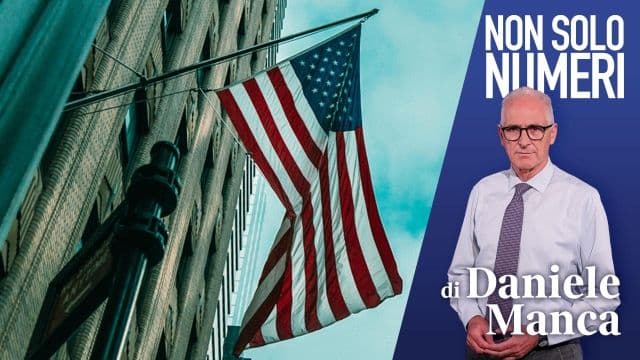
Beyond the Numbers: Unraveling the True Impact of Trump's Global Tariff Gambit

Beyond the Numbers: Unraveling the True Impact of Trump's Global Tariff Gambit
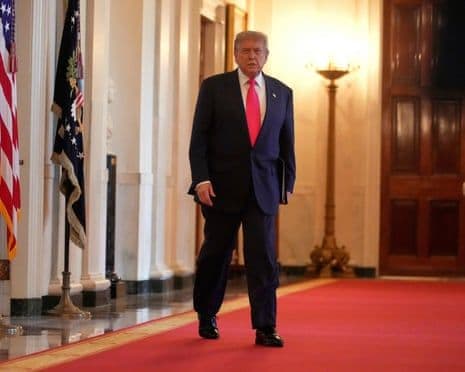
The Reciprocal Ripple: Unraveling Trump's Trade Gambit on the Global Stage

The Reciprocal Ripple: Unraveling Trump's Trade Gambit on the Global Stage
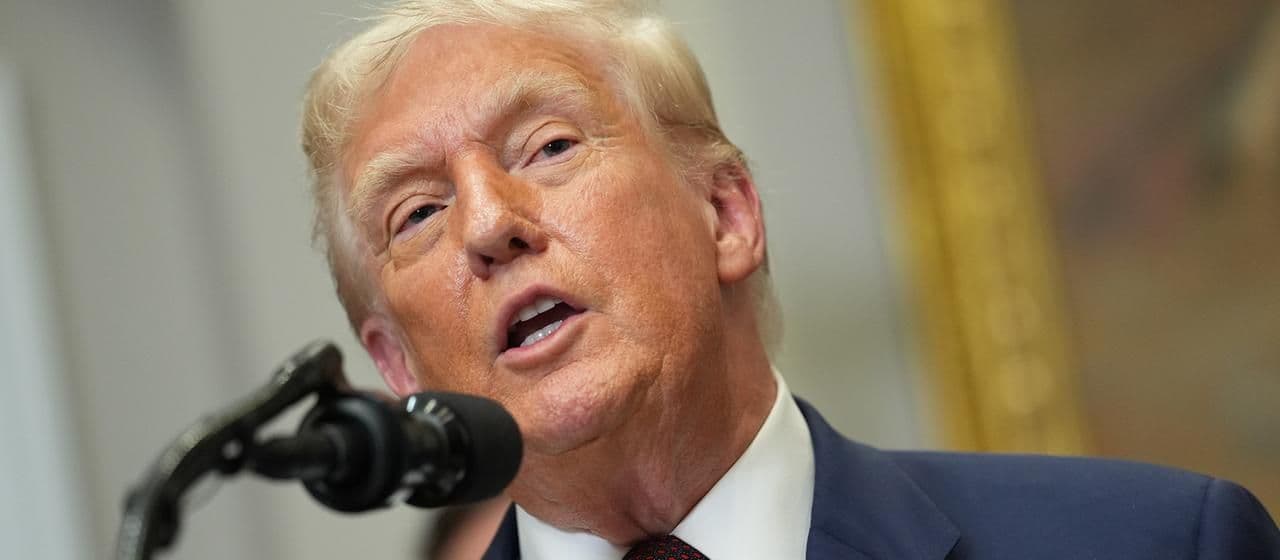
The Unfolding Trade Chessboard: Trump's Tariffs and the Global Response
